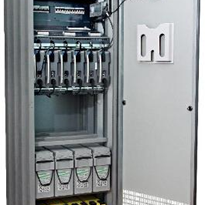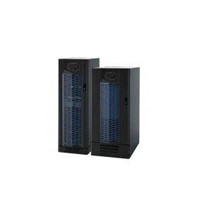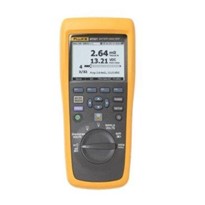You'll come across two main options: AC or DC motors. There are a number of considerations when selecting the correct motor for your project, below we outline the key items to be factored in to ensure you select the most suitable motor.
While AC and DC motors have the same aim of converting electrical energy into rotational energy, they differ in power source and performance. AC and DC motors operate on different types of power and exhibit unique efficiency and power output variations.
When making a decision between an AC or DC motor for your project, it's important to consider various factors that can influence your choice. These factors include aspects such as speed control and running costs.
Speed Control
When it comes to speed control, AC motors and DC brushless motors exhibit notable differences. The speed of an AC motor relies on the number of poles it possesses, while DC motors can be specifically designed to operate at any desired speed.
AC motors, when used with an inverter, can have limited speed variability. Additionally, they have limited starting torque, which is determined by the power of the motor.
In contrast, DC brushless motors offer the advantage of infinitely variable speed control, providing a linear speed range. Furthermore, DC brushless motors exhibit significantly higher starting torque than an equivalently powered AC unit. This enhanced starting torque capability makes DC brushless motors well-suited for applications requiring strong initial torque to overcome resistance or inertia.
Weight
In terms of weight and volume per unit of power, AC motors tend to have higher values, making them bulkier and heavier. On the other hand, DC brushless motors offer a notable advantage as they are generally smaller and lighter than AC units with equivalent power ratings. This distinction in physical characteristics can be advantageous in applications where space and weight limitations are a concern, allowing for more compact and lightweight motor installations.
Voltage
AC motors are primarily available in two configurations: single-phase and three-phase AC voltage. In contrast, DC brushless motors have the flexibility to be manufactured to accommodate various voltage requirements, whether it be AC or DC. This versatility allows DC brushless motors to adapt to different power supply systems, making them adaptable for a broader range of applications. Whether the need is for AC or DC power, DC brushless motors can be customised accordingly, offering greater flexibility and compatibility.
Frame Size
AC motors are produced in a standard configuration, while brushless DC motors offer the advantage of being more easily customisable in terms of frame size. This means that the physical dimensions of brushless DC motors can be tailored to better suit specific application requirements, providing greater flexibility and adaptability.
Purchase cost
AC motors are generally cheaper to purchase due to their mass production, whereas brushless DC motors tend to be more expensive. This price difference arises because brushless DC motors require an additional controller to operate effectively. While the initial cost may be higher for brushless DC motors due to the inclusion of the controller, they offer several advantages, such as higher efficiency, smoother operation, and better speed control, which can offset the higher upfront investment in certain applications.
Running costs
AC motors can be directly connected to AC mains power without needing a controller. In contrast, brushless DC motors require the presence of a suitable controller to operate effectively. The controller plays a crucial role in providing the necessary control signals and power modulation required for the brushless DC motor to function optimally. This distinction in operation highlights the importance of employing a compatible controller when utilising brushless DC motors, ensuring proper functionality and performance.
AC motors, when used with an inverter, can have limited speed variability. Additionally, they have limited starting torque, which is determined by the power of the motor.
In contrast, DC brushless motors offer the advantage of infinitely variable speed control, providing a linear speed range. Furthermore, DC brushless motors exhibit significantly higher starting torque than an equivalently powered AC unit. This enhanced starting torque capability makes DC brushless motors well-suited for applications requiring strong initial torque to overcome resistance or inertia.
AC and DC motors have both advantages and disadvantages. Which one you should choose for your application will depend heavily on, among other things, the cost of the motor, the type of power available to drive it, and the environment in which you are using the motor. Both types of motors offer long life and outstanding performance if used properly. Whatever you choose, be sure to factor in these considerations to determine which one works best for your needs.



-160x160-state_article-rel-cat.png)









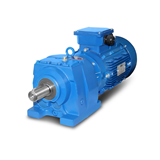
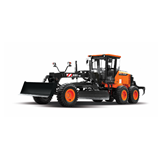
-160x160-state_article-rel-cat.png)

-160x160-state_article-rel-cat.png)





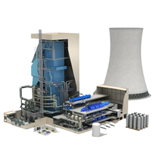
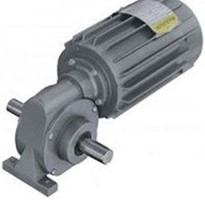
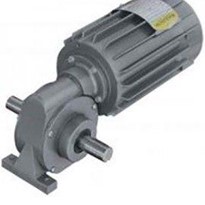
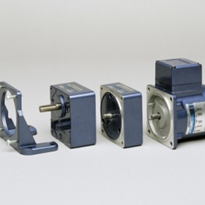
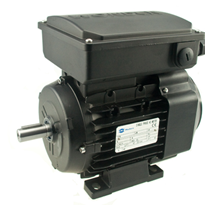
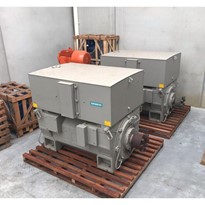
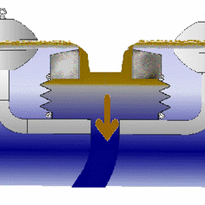
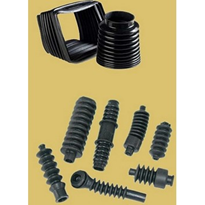
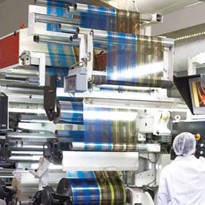
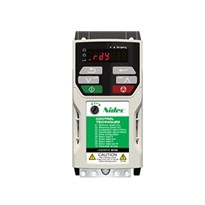

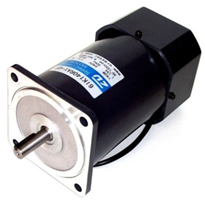
-205x205.jpg)
